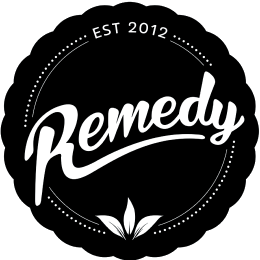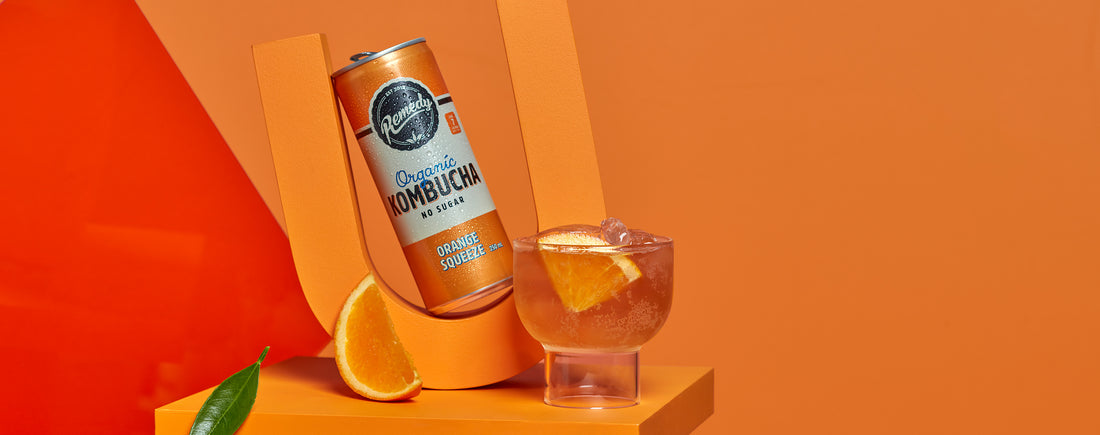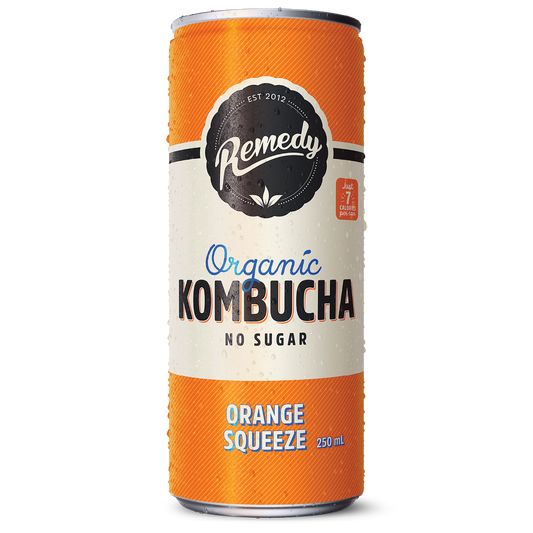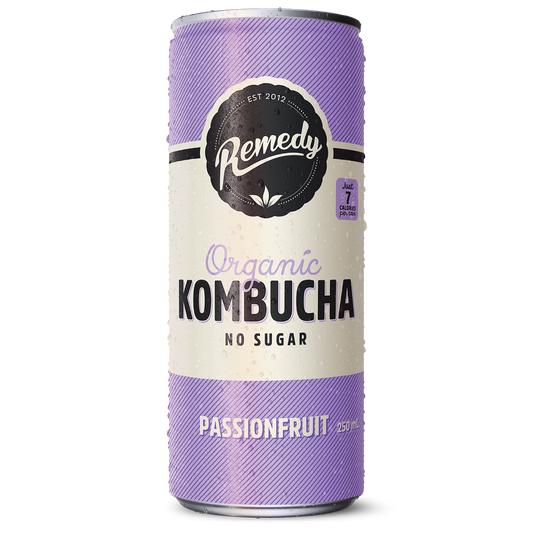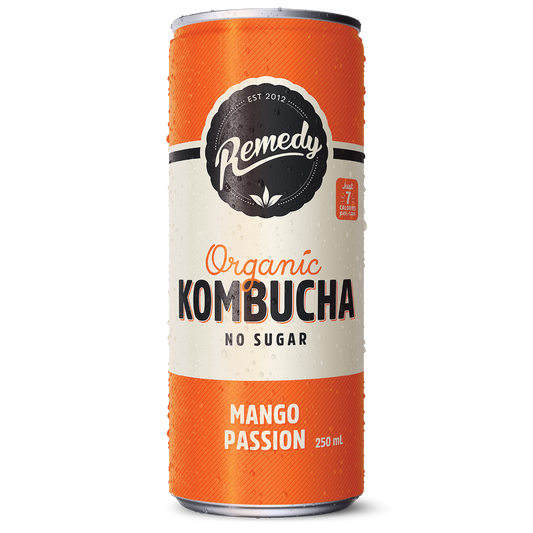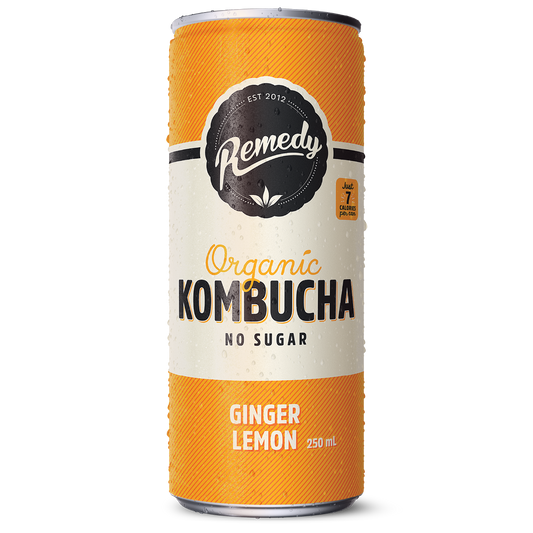In celebration of World Kombucha Day (yes, it’s a thing) it’s time to take your kombucha obsession to new heights and learn ten flaunt-worthy facts about your favourite ferment.
First up, let’s recap for the newbies...
What is kombucha?
Remedy follows a traditional method of making kombucha, which involves a natural fermentation of sweet tea with a live culture (aka ‘good bacteria’), made in small-batches and long-aged brewed for 30 days, raw and unpasteurised.
The result is a sparkling drink with sweet and sour flavours that is naturally free from sugar, and chock-full of antioxidants, live cultures and organic acids.
Now that we’re all caught up, let’s dive into...
10 things you didn’t know about our kombucha
1. Before you go passing kombucha off as a fad, it’s worth noting that kombucha has been around for over 2,000 years. Most people believe that kombucha originated in China during the Qin Dynasty, around 220BC, for the Emperor Qinshi Huangdi, which is where the “cha” comes from (being the Chinese word for tea). In ancient China, kombucha was called “The Tea of Immortality”.
2. The “Kombu” part of the name is believed to have come from the story that a Dr Kombu from Korea introduced the drink to the Japanese Emperor Inyoko in 414 AD. But if you’re ever travelling in Japan and find yourself in need of a fix, don’t confuse it with “Seaweed Tea”, which is actually called kombucha there!
3. When kombucha is fermented naturally and kept raw, unpasteurised and unfiltered, as per Remedy’s process, it contains healthy, living, good bacteria – or live cultures. One 330ml bottle of Remedy Kombucha contains 330 million live cultures. It also contains just nine calories and is naturally free of sugar, which is brewed out during our long-aged 30-day brewing process.
4. Live cultures can potentially support gut health by increasing the diversity of your gut flora (AKA the good bugs that live in your gut to get things working as they should), preventing the growth of bad bugs that make you sick. They can supply billions of microorganisms that are full of vitamins, minerals and fibre, which the healthy bacteria in your gut use as a food source to produce important metabolites for good health.
5. Remedy founders, Sarah and Emmet Condon, took a risk to start their kombucha business – with no jobs to fall back on, and with the use of some savings and credit cards, all the while looking after a young family. They have gone from brewing kombucha on their kitchen counter at home to producing over 20 million litres of fermented drinks per year.
Emmet says: “We started brewing kombucha for our family. We loved how the traditionally fermented drink tasted and also how it made us feel. We looked around and saw so many products on supermarket shelves claiming to be healthy but really, they weren’t. Rather than get frustrated, we saw it as a huge opportunity to make it right.” And make it right, they did.
6. The gut plays a vital role in housing at least 70% of our immune system, digesting the food we eat and helping to synthesis nutrients. By improving our gut health, this will improve our immunity and all the other follow-on effects from absorbing nutrients better, such as improved mood, metabolism and brain health.
7. Remedy Kombucha is also teeming with naturally occurring tea polyphenols that are rich in antioxidants which may help the body fight illness. Not bad for a fizzy, hey?
8. Every single batch of Remedy Kombucha uses a descendent of the first culture that Sarah and Emmet Condon started out with, resulting in an extremely strong and healthy live culture within the drink. This is one of the key reasons that, unlike some kombucha brands, Remedy doesn’t have to be stored in the fridge – and why you’ll find it in the soft drink aisle at your local supermarket. Hint, hint…
9. Contrary to some belief, kombucha is low in caffeine. When kombucha is made from tea, the potency of the caffeine is reduced as a natural part of the fermentation process. In addition to Remedy’s brewing out all of the sugar, Remedy’s long-aged brewing process reduces the caffeine levels. Each serving of Remedy Kombucha has less than 10mg of caffeine – compared to the typical 100mg of caffeine in a cup of tea or coffee, and the 35mg found in a can of cola.
10. Compared to 2019, searches for “kombucha” increased by 38% the following year, with “Remedy” the most searched for kombucha brand. Fun fact – a Remedy Kombucha is sold every three seconds in Aussie supermarkets!
In the mood for a fermented fave now? Go on, grab a Remedy Kombucha and get sipping!
